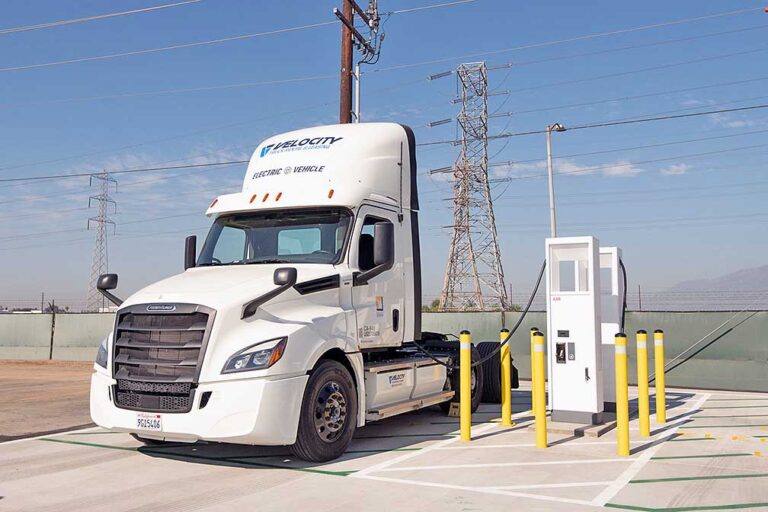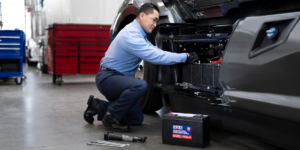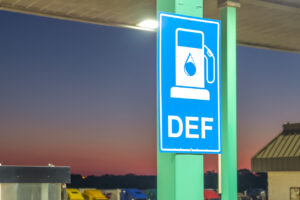Washington, D.C. – The Zero Emission Transportation Association (ZETA) published a report Wednesday analyzing the opportunities and challenges to electrifying public and private vehicle fleets in the U.S.
“Medium- and heavy-duty vehicles represent only 4% of the vehicles on the road, but they are responsible for nearly a quarter of all pollution from the transportation sector — which is the most polluting sector in the U.S.,” Leilani Gonzalez, the report’s lead author, said. “It is imperative that the federal government follows ZETA’s recommendations to facilitate the electrification of these vehicles as expeditiously as possible. After all, because of their long lives, gasoline- and diesel-powered fleet vehicles that roll off the production line in 2030 will still be polluting communities for the next two decades and beyond.”
The report also makes recommendations to policymakers, utility companies, charging companies and fleet managers to accelerate the electrification of medium- and heavy-duty vehicles.
ZETA recommends that federal policymakers amend the tax code to allow businesses to receive tax credits for purchasing commercial medium- and heavy-duty electric vehicles and installing electric charging infrastructure.
ZETA also encourages federal regulators to collaborate with utility companies and charging companies to modify the electrical grid to accommodate emerging technologies like managed charging practices and discounted time-of-use rates to incentivize EV charging during off-peak hours.
The report shows that electrifying the country’s medium- and heavy-duty vehicle fleets will provide fuel and maintenance cost savings for fleet operators, improve public health and minimize environmental damages by significantly reducing the emission of toxic pollutants, increasing domestic energy production and ensuring energy security.
The report also states that electrifying fleets will generate new jobs in the vehicle manufacturing, charging installation and trucking industries.
“As these vehicles travel throughout the country, individuals living near roadways, railyards, and ports — who are often disproportionately low-income and people of color — experience the worst health and environmental impacts,” Gonzalez said. “Electrifying the United States’ medium- and heavy-duty vehicle fleets will create more environmental equity for the United States’ frontline communities by boosting public health and mitigating environmental degradation. And, these fleet transitions will create jobs and save fleet operators money, too.”
The Trucker News Staff produces engaging content for not only TheTrucker.com, but also The Trucker Newspaper, which has been serving the trucking industry for more than 30 years. With a focus on drivers, the Trucker News Staff aims to provide relevant, objective content pertaining to the trucking segment of the transportation industry. The Trucker News Staff is based in Little Rock, Arkansas.











